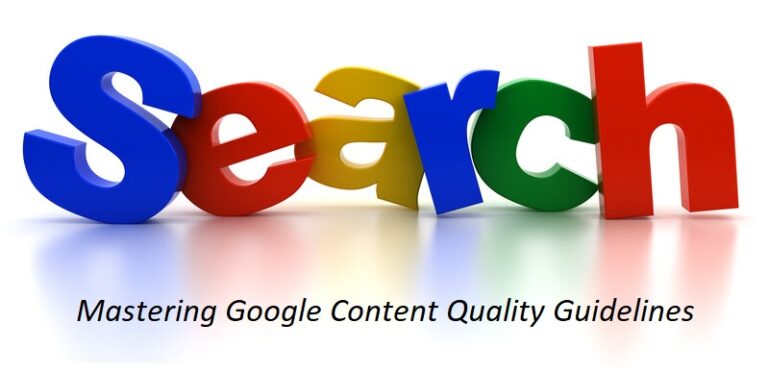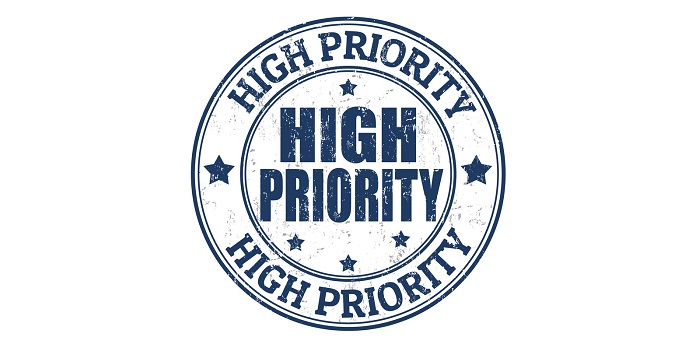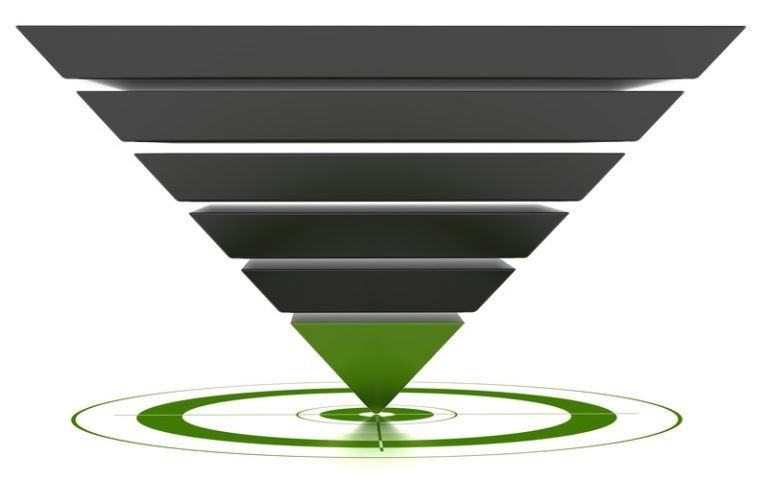How to Understand Google’s Ranking System
One of the most dramatic changes in Google’s search engine ranking results comes from what Google calls “core algorithm updates.”
They’re big events for all digital marketers and professional SEOs too. Pros however, optimize in a way which resists algo changes. My SEO strategies, technique and tactics for instance run off of high quality topics, brand UVPs, and helpful unique content.
However, changes such as the “helpful content update” which is happening soon do alter Google’s interpretation of content quality. And as some have noted, “innocent casualties” are expected. These changes may not impact a strong website, but backlinks from other websites could be diminished.
Updates can affect your site’s ranking and traffic success, but you’ll find the knee jerk, surface level reactions posted online a poor guides to help you understand search engine algorithm and ranking changes.
Ranking Changes Help Us Understand What is in the Algorithm
They give us an opportunity to learn more about their core algorithm, an important matter for any advanced SEO pro. In fact, without a knowledge of these factors, it is impossible to design an advanced search engine optimization strategy.
 These algo updates involve the core ranking factors (such as backlinks, keyword usage, authority, content quality) which were themselves key updates long ago, and were subsequently integrated into Google’s main indexing system.
These algo updates involve the core ranking factors (such as backlinks, keyword usage, authority, content quality) which were themselves key updates long ago, and were subsequently integrated into Google’s main indexing system.
What is the Essence of these Updates?
The result is big changes in rankings and traffic for many websites. It’s not always spammers who get caught in these updates. Sometimes it’s sites with weak backlink profiles, thin content, aging content, and poor information presentation, and items that Google believes are hyped, incorrect or low quality.
Increasingly, SEO experts are needed just to figure out what has happened. But more importantly, we need to help companies grow traffic and leads.
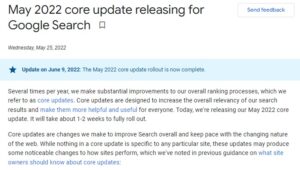
Content marketers and SEO pros have few ways of understanding what Google has done, although many commentators speculate on the changes. That’s valuable feedback. Increasingly, fewer are speculating or trying to explain changes, given how Google has stopped explaining their algorithm changes.
Less insights shared means understanding diminishes.
Typically by examining which pages and keywords you saw improvement in, tells you how Google is weighing your topical treatment, keyword usage positively, and current emphasis. Yes, you new blog posts, page updates, and even social posts will affect their interpretation. And there is an increasing emphasis on fresh content, even they are spidering your site less frequently.
They are trying to support news media sites with current reporting (and taking voice away from bloggers, who sometimes sell links on their websites). So while fresh is important, their priority is to big media whom they feel are more credible and trustworthy. Building trust and authority is vital for your SEO campaigns.
Often the site’s rankings and traffic as a whole change. For instance, if you’re not doing any promotion, then Google sees no signals about your site coming from anywhere and your site traffic is decreasing.
So it’s not one page. And they may have reinterpreted your whole site’s content against what searchers are searching for of recent. If they’re looking for something slightly different than what you cover, your rankings will fall.
These topical or theme elements is something few SEO people understand, yet Google (and John Mueller) has mentioned them in the developer forum. Their search engine has AI capabilities and can draw assumptions about user intent and what they’re looking for may not be what you cover on your site. You’re out of fashion/style.
It means having to revise how you approach topics and present them on a page and throughout your site. Google gathers its understanding of your content via internal links too.
So the nature of these algo changes takes a lot of mental gymnastics to figure out. However, an SEO pro does this work all day and can develop an understanding through analysis. That knowledge is very valuable to companies who make a lot of money via organic search, and others who want to.
What is the Helpful Content Update?
This coming “helpful content update” is vaguely explained by Google. They reference content that is not helpful to visitors. This likely means sites with weak, thin content with little info (minimal engagement) will suffer losses. We’re lead to believe that even high PageRank/authority websites will also see diminished traffic if they have unhelpful content.
It likely is just another attempt to push more sites out of the index and force them to advertise. It’s not really a quality issue.
However, they may be looking at engagement more and punishing websites that use SEO. There is talk of punishing certain political narratives and “emotional language.” In effect, you’ll want to take more time researching and preparing content in response to such threats, as they are real.
Ensure your SEO/Researcher/Content creator is giving a full treatment of a topic with essential subtopics covered in unique but helpful ways. Don’t just cover a topic. They’re looking for content that helps move consumers toward a decision or purchase.
And, they may demote topics on your site which you have little authority for (non authorized topics). You’ll need to get links from more websites which are related to those “extraneous topics” if you want to rank on those keywords. Google’s already been doing this for years however to control sites trying to capitalize on popular, high priced keywords.
We’ll need to see how this update rolls out and which sites lose traffic.
What Happened in the June/July Update?
We’re grateful for the effort taken by some of the SEO software companies who tally the big winners and losers and which industries have seen the greatest changes. However, Google phases many updates to disguise what actually had effect.
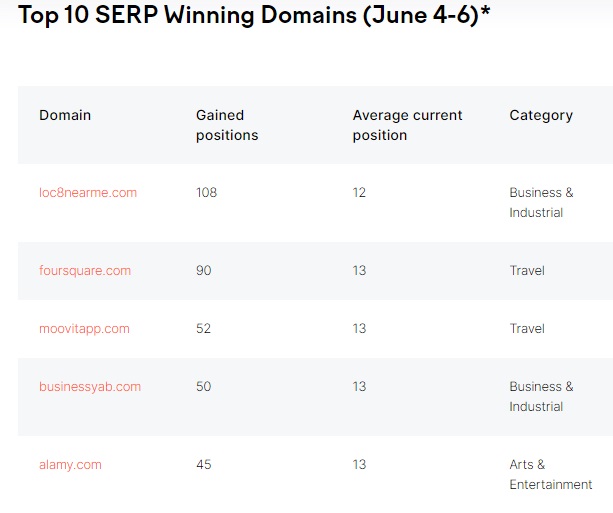
One report had it that Youtube was a big winner in these recent updates. Google could be feeding more traffic into that medium due its monetization success. For sure, more videos are being shown in the top ten results along with other information boxes.
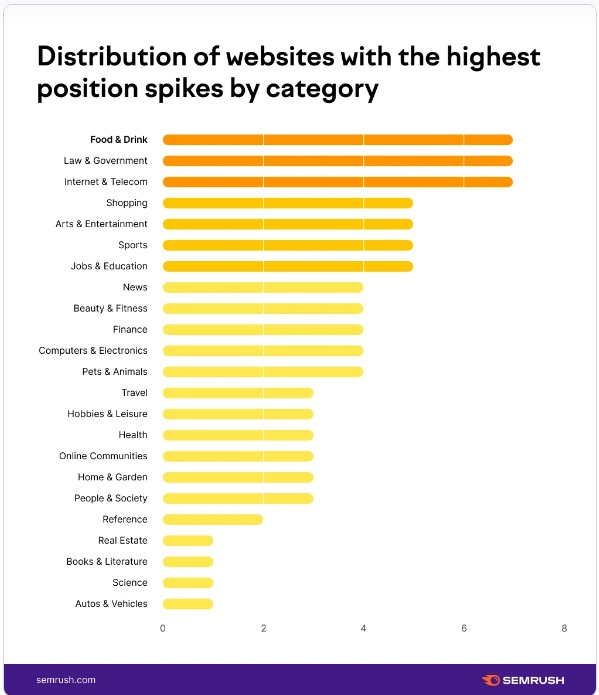
However, it is very difficult to determine what really happened. Barry Schwartz of Search Engine Journal reported a reduction of backlinks in some sites. That could be due to Google culling backlinks and getting rid of irrelevant backlinks or very old ones.
Google is cutting access to old traffic data via the Console and Google analytics too, so there seems to be an undercurrent of getting rid of the old going. Not many searchers would argue that new fresh content is valid to them, but for content producers, the churn in materials represents a lot of work.
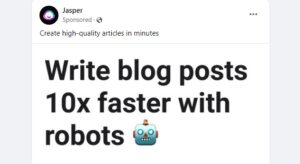
This is the sort of trend that can encourage content producers to turn to AI auto generated content to keep up. Unfortunately, AI isn’t ready to produce the quality needed and likely won’t ever be able to cull out accurate research of news and information (some behind paywalls) to present the kind of reports and papers that humans create.
Fresh Content is King
My own recent searches have shown that fresh content is dominating the top rankings. And I have noticed older stagnant content is performing much more poorly. This puts big pressure on publishers to update/rewrite their content, and that their evergreen content might not be as effective as it used to be.
I’ve seen big increases in rankings and traffic when I refresh/update pages. All pages see a rise in rankings when refreshed, however only certain pages that appear in the top ten results will actually get more clickthroughs. Just because your page rises from 80th to 35th, doesn’t mean you’ll see additional clicks. Google discourages users from going beyond the first set of ten results.
Ppaying attention to algo shifts then helps us reach the top ten results. It’s what this algo chasing is all about.
What the core algo updates tell us is how vital it is to have fresh, updated, valuable and unique content that appears to be validated by other authoritative industry sites. The challenge of that means more time, resources, money, editing and promotion to stay competitive.
Google’s Results Over-processed
Google’s database of webpages and videos is continually processed and overprocessed. Insignificant items could end up costing you rankings. I have many sites that achieve number one rankings on all other search engines for very competitive phrases. That’s impressive because of the resources and power of these big corporations and media conglomerates they’re competing with. These are companies aided by the interlinking of a network of industry websites, driven by big money.
However on Google, these same ambitious small company websites don’t perform as well. They lack the backlinks, pagerank, and credibility of a big corporate site interlinked with business partners. This is why I advise clients to invest more in SEO and to work to present their website as a going concern in every way (and create new business partners).
Google picks up all of these signals as it constantly spiders (social media, other websites, news sites).
The core updates may put your current SEO strategy into doubt and it may be necessary to reassess your content, promotion methods, and budget.
What is the Core Ranking Algorithm?
There’s no easy answer to what it’s Core Algorithm is. You might understand it as a mathematical equation using up to 200 weighted factors which compute a final score for a web page for a keyword phrase. Those factors are actually sub-algorithms which then feed into the final rating of your web pages.
What Did the Core Algorithm Dislike in Your Site?
It’s important to identify the key factors and rule out those that didn’t affect performance. Often, page speed, over-optimization, and other elements weren’t the cause of declines. SEOs do plenty of changes to identify the factor but discover it often has to do with not enough backlinks and low backlink quality or relevance. Sometimes content quality ratings are the issue. Other times it’s your entire backlink profile has been demoted.
The search engine monopoly advises that content quality is the issue and also the resolution to your website’s peril.
Google’s named core updates were called RankBrain, Panda, Penguin, Hummingbird, Page Layout Algo, Speed Update, Link Spam Algorithm, Mobile Indexing, and Page Experience updates. Each update focused primarily one one key change such as quality, spam or speed.
Some of these updates in the last 15 years have seen massive, sudden effects on websites. Some are referred to as major or minor updates, but any one of them could be ruinous to unsuspecting website owners.
Google offers its own insights into how and why website owners and small businesses are affected, but stop short of getting too specific (they want to protect their ranking special sauce from spammers and Advanced SEOs who can take advantage of it).
They report ranking losses as caused by:
- involvement in link spam schemes
- low quality, non original, or curated content
- ranking algorithm changes
- lost backlinks or delimited/ignored/irrelevant backlinks
- technical issues on your site — slow server response, high bandwidth usage, unstable layout
- a key, high traffic page on your site lost its quality valuation
Google is a big, multinational corporation and they don’t have time to even communicate to or consider your specific loss. Everything is automated, controlled by an AI controlled system. They aren’t even sure what the system has assumed and applied. The result for you can be very unfair with no recourse at all.
Google has advised business owners not to be too dependent on Google search engine traffic.
14 Keys to Recover From a Core Update
Google advises to improve your content as the cure all. Yet, the real culprit may be a loss of backlinks. Sometimes your old backlinks are deleted or Google devalues them because they’re older. You’ll need to improve how you market and promote your business, products and website, along with how you go about attracting backlinks to your site.
It could be an overall re-evaluation of the quality on your site too. Of course, some advanced level SEO analysis and optimization is required. Here’s a few items to take care of:
- do another backlink analysis to discover which backlinks disappeared (e.g., the site owners may have been persuaded to link to your competitor instead; or the content was deleted by the publisher)
- rewrite your key content pages completely with all new, in-depth, expanded, original copy, images and video and make more user friendly and credible
- cut out redundant copy in your pages and streamline the user experience
- analyze and integrate new important topics or news you may have left out
- do a complete redesign of your website (or blog section) using the latest fast coded templates (Google AMP)
- don’t panic and make unplanned, erratic changes in the hope of a correction
- look for bad, shallow content and delete it, or better, completely rewrite it to beef it up
- find particularly bad, low quality and spammy links to your site and disavow them
- review your site for excessive keyword use and over-optimization (de-optimize if necessary)
- update and freshen up your old content
- check your site for any technical errors and review Google’s Core Web Vitals Report
- review content for popular or seasonal interest levels (the overall theme of your site isn’t being sought by searchers as much)
- using the Google Search Console, remove really low quality content from the index
- review Google’s quality guidelines as a cue to improving content
You may want to begin your recovery by hiring an expert level SEO consultant to do an SEO audit. You may even want to go deeper with a digital marketing audit to correct deeper reasons for lost rankings (e.g., poor value proposition, wrong content, poorly written copy, low engagement).
Read more about elite level strategy: SEO Company | Selecting the Right SEO Company | Advanced SEO | Advanced SEO Strategy | SEO Services | Digital Marketing Company | Advanced Keyword Strategy | 12 Step SEO Strategy | Searcher Intent | Make SEO Top Priority | SEO Services Boston | Best SEO Company | Calgary SEO Company | San Diego SEO Company | Professional SEO


